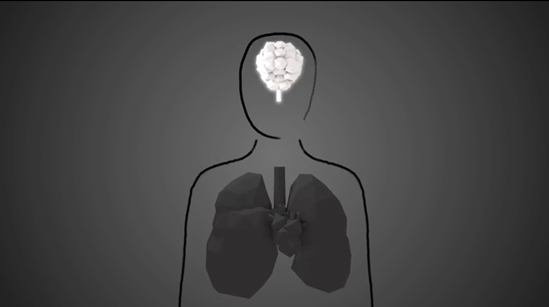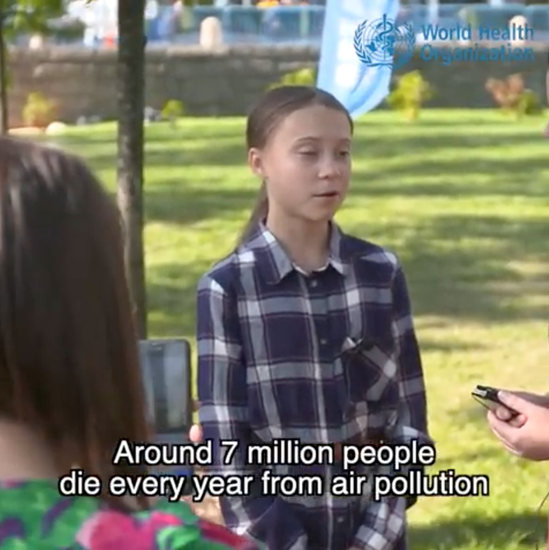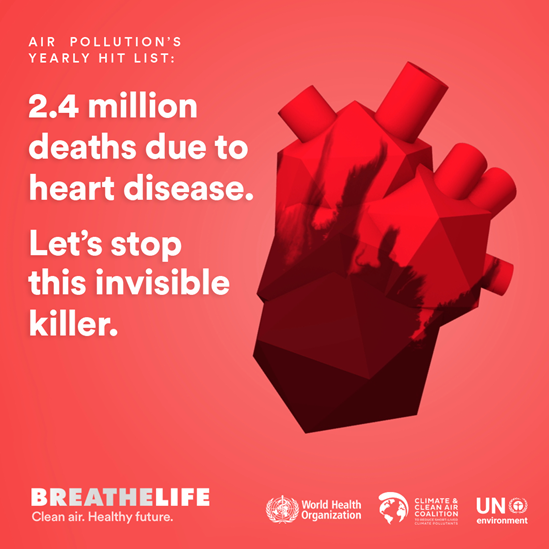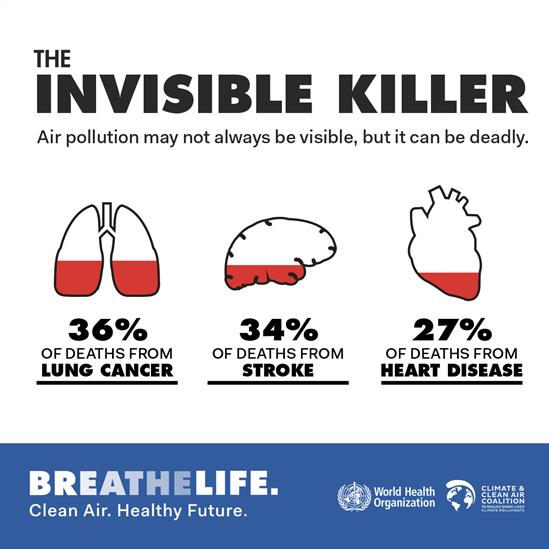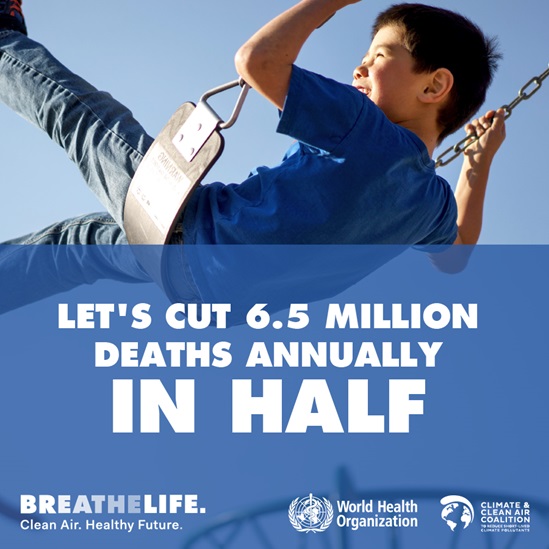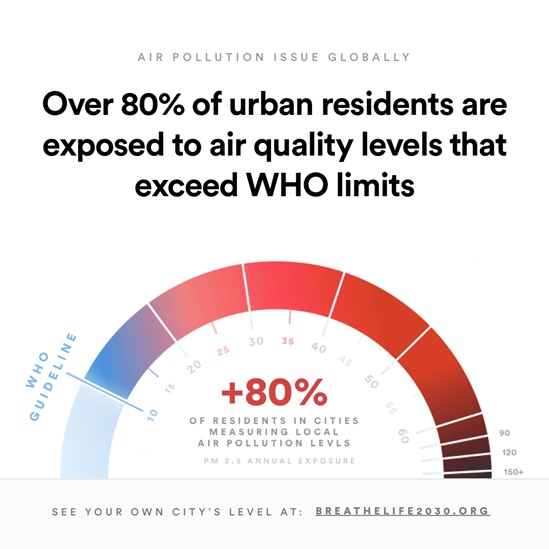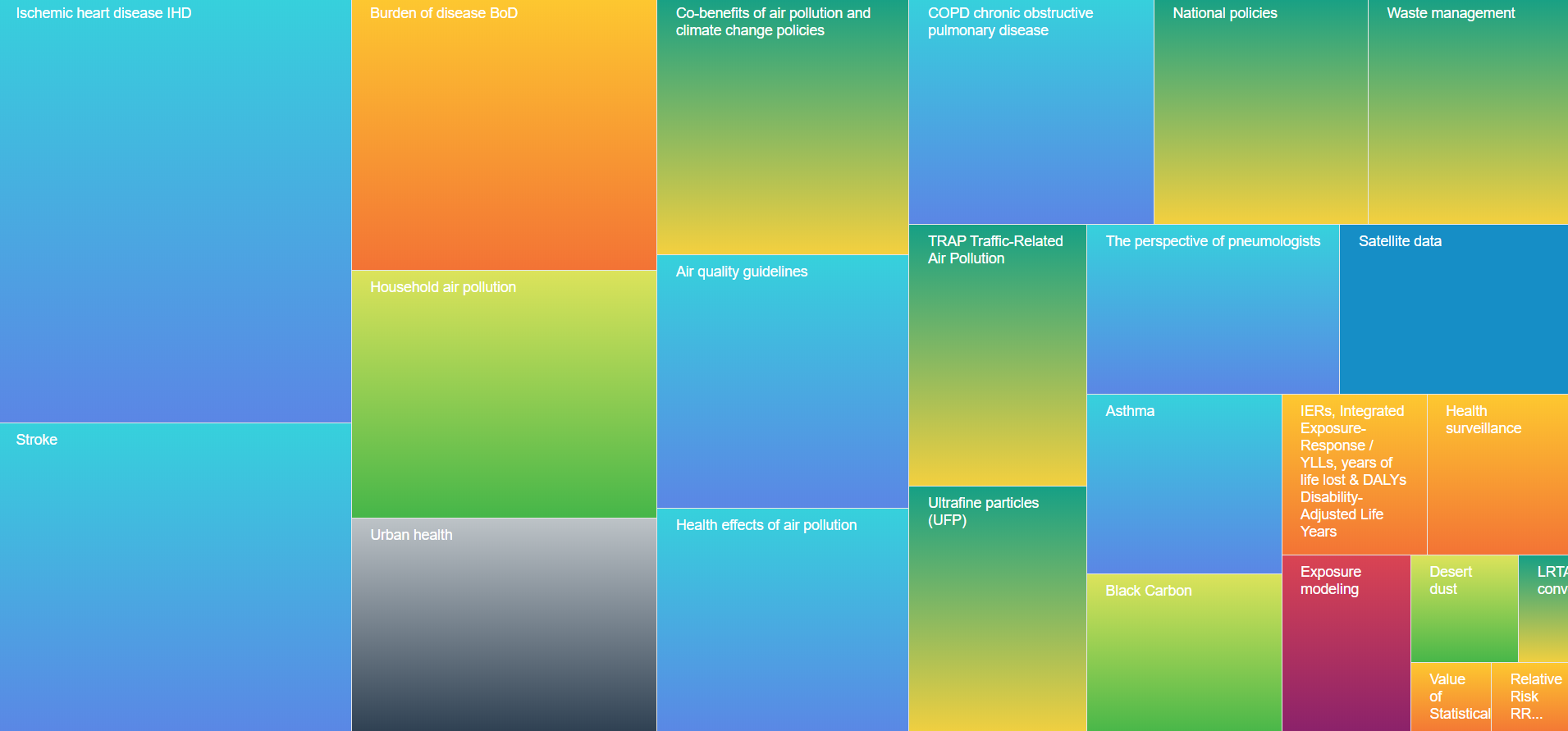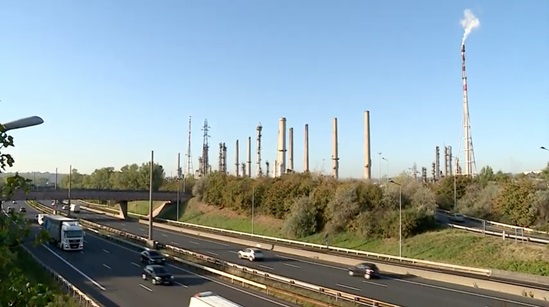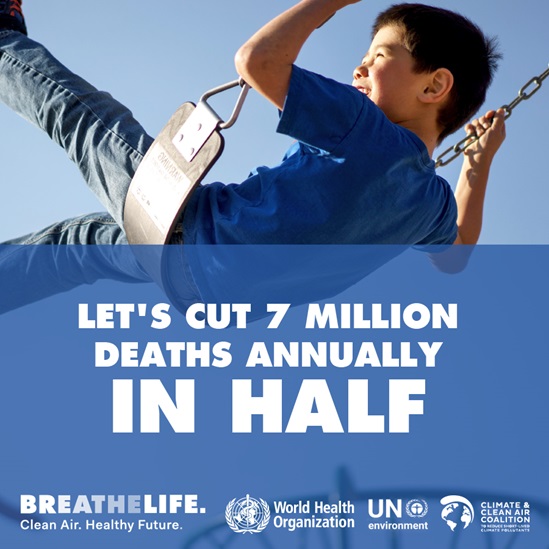Outreach & advocacy
Tackling Climate Change and Air Pollution is a leading priority for WHO. In response, WHO has developed and implemented a strategy for raising awareness on the risk of air pollution, as well as available solutions that can be implemented to mitigate the risks of exposure to air pollution. Through digital outreach and partnerships, WHO has helped enrich the value proposition of addressing air pollution for health and environment ministries, city governments and other stakeholders from sectors with significant emissions.
Campaigns and initiatives
BreatheLife
The BreatheLife campaign, led by WHO, CCAC, UNEP and World Bank, has raised the political commitment of policy-makers to lead urban, national and regional campaigns to build awareness of emerging evidence of the health impacts of air pollution, scale-up local policy interventions like Urban Health Initiative to meet WHO’s air quality guidance, and anchor health as a lever for action on climate change.
Building on the health sector’s influential position over 70 countries, regions and cities have joined BreatheLife – reaching over 486 million people, raising local best practices to a global profile, while localizing messages which link health, climate and economic benefits to clean air. The BreatheLife website has reached hundreds of thousands of unique visitors since its inception, and the newsletter reaches over 14,000 policymakers, technical level government officials and individuals.
The BreatheLife Campaign supports WHO’s awareness-raising strategy through:
- A global communications platform -- visualizing WHO's data in combination with web content to drive forward the global story of air pollution.
- Develop online space for members to share experiences, challenges and best practices for local governance, and for promoters to share tools and resources for implementing solutions.
- Raising the ambition to reduce air pollution, mitigate climate change and improve health by meeting WHO’s air quality guidelines.
Health and Energy Platform of Action (HEPA)
The global Health and Energy Platform of Action (HEPA) aims to improve the health and livelihoods of the poorest populations through the adoption of clean and sustainable energy. With an initial focus on clean cooking and health care facility electrification, the Platform aims to catalyse the scale of results required to achieve SDG 3 on health, SDG 7 on energy, and others on gender (goal 5) and climate (goal 13).
The global platform was established in 2019 by WHO, UNDP, UN DESA, World Bank and the strong support of the International Renewable Energy Agency (IRENA). HEPA currently consists of more than 20 members from diverse sectors, such as Ministries, networks, or UN agencies.
HEPA conducts advocacy and outreach at high-level international engagements related to the Sustainable Development Goals (SDGs) through:
- Facilitating a High-Level Coalition on Health and Energy by increasing political momentum, spurring investments and driving practical solutions.
- Engaging with different public and private stakeholders to mobilize political commitment, support and resources.
- Building capacity and fostering exchange when implementing public events such as webinars and other activities.
Multimedia section
Infographics
Video series
Internal Highlights
Health topics


